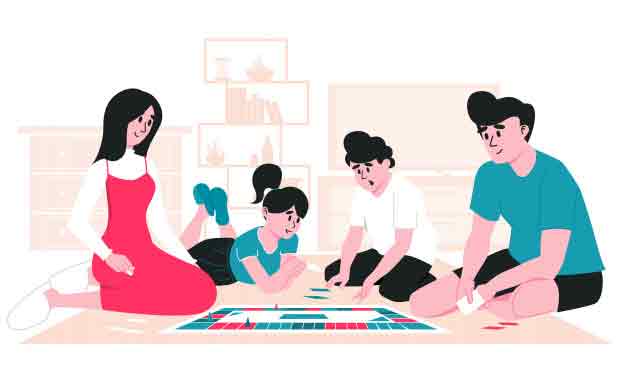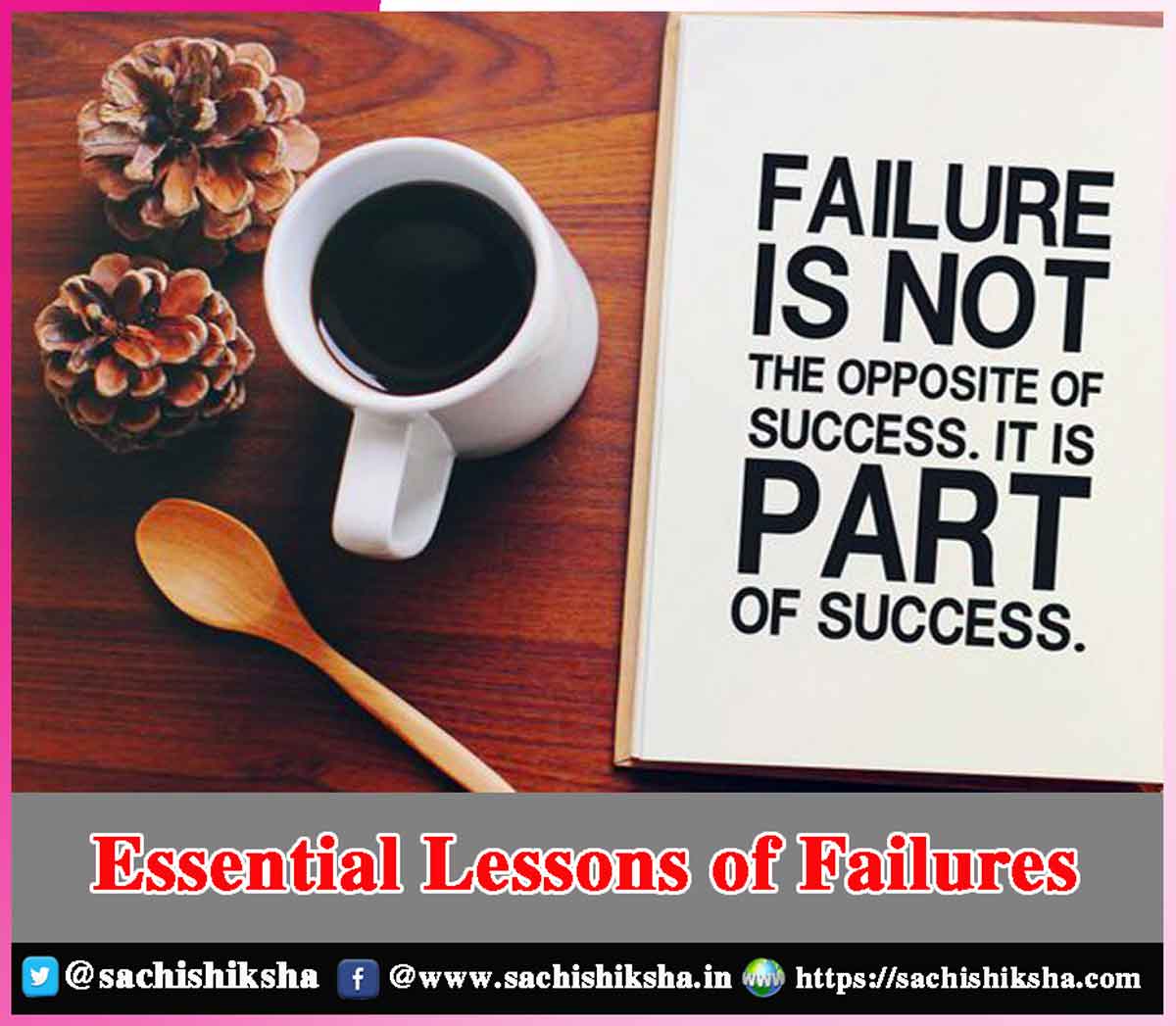Essential Lessons of Failures
Introduction : Failure is an integral part of the human experience. This universal phenomenon touches every individual at some point in their journey. Despite its negative stigma, failure holds profound significance in shaping our character, fortifying resilience, and guiding us towards personal and professional growth. In this comprehensive exploration, we delve into the multifaceted aspects of how failures teach us essential lessons for life, examining the psychological, emotional, and practical dimensions of this transformative process.
Table of Contents
Resilience and the Strength Within

Every stumble and defeat serves as a crucible, tempering the human spirit and molding it into a more resilient form. Psychologically, resilience involves bouncing back from adversity and adapting positively to challenges. Failures act as catalysts for developing this crucial psychological trait, enabling individuals to endure hardship and come out stronger on the other side.
Humility and the Acknowledgment of Fallibility
While success often breeds confidence, failure humbles individuals by reminding them of their fallibility. Success can create a false sense of invincibility, leading to complacency and a lack of introspection. On the other hand, failure serves as a reality check, prompting individuals to acknowledge their imperfections and confront the limitations of their abilities.
In the face of failure, humility becomes a guiding force, encouraging individuals to recognize their mistakes, learn from them, and grow. This acknowledgment of fallibility is a crucial aspect of personal and professional development, preventing individuals from becoming stagnant and fostering a continuous process of self-improvement.
Reflection and Self-Discovery
Failures trigger a process of introspection and self-evaluation, prompting individuals to scrutinize their decisions, actions, and beliefs. This reflective journey allows a deeper understanding of oneself – strengths, weaknesses, values, and aspirations. In essence, failures become pivotal moments of self-discovery. Through this reflective process, individuals gain profound insights into their motivations and behaviors. They identify patterns that may have contributed to the failure, allowing for targeted efforts towards personal growth. This transformative aspect of failure extends beyond the immediate setback, making individuals more self-aware and resilient.
Growth Mindset and the Pursuit of Excellence
The notion of a growth mindset, which gained popularity due to psychologist Carol S. Dweck, highlights the conviction that commitment and diligence may enhance skills and intelligence. Failures align seamlessly with the principles of the growth mindset, as they challenge individuals to view setbacks not as fixed limitations but as opportunities for improvement.
In the face of failure, individuals with the growth mindset perceive challenges as learning experiences. Instead of succumbing to a sense of helplessness, they approach setbacks with a determination to understand, adapt, and grow. Pursuing excellence becomes a lifelong journey fueled by the lessons learned from failures, fostering the mindset that thrives on continuous improvement.
Innovation and Creativity
Some of history’s most significant breakthroughs and innovations have emerged from the crucible of failure. The iterative nature of trial and error is a powerful driver of creativity and innovation. Thomas Edison’s famous words, “I have not failed. I’ve just found 10,000 ways that won’t work.”
Failure encourages individuals to think outside conventional boundaries, explore new approaches, and embrace the uncertainty of pursuing greatness. The resilience cultivated through failures fuels a spirit of experimentation and risk-taking, pushing individuals to transcend their comfort zones and contribute to the evolution of ideas and industries.
Empathy and Compassion
Failure is a universal experience, cutting across socio-economic, cultural, and geographical boundaries. When individuals navigate their failures, they gain a profound understanding of the struggles inherent in the human condition. This newfound empathy and compassion become powerful bridges connecting people on a deeper, more meaningful level.
Through shared experiences of failure, individuals develop a sense of solidarity and community. Failures break barriers, fostering a collective understanding that success and setbacks are universal aspects of the human experience. As a result, a culture of support and encouragement emerges emphasizing the importance of helping others navigate their challenges and celebrating their victories.
Conclusion
Failures are not mere stumbling blocks on the road to success but transformative milestones that shape the trajectory of our lives. They teach us crucial lessons of resilience, humility, self-discovery, and the pursuit of excellence. Embracing failure as an inevitable and valuable aspect of the human experience empowers individuals to navigate challenges gracefully, fostering personal and collective growth. As we reflect on the intricate tapestry of successes and failures woven throughout our lives, it becomes evident that the lessons gleaned from failures are indispensable guides on the journey towards fulfillment and self-actualization.














































